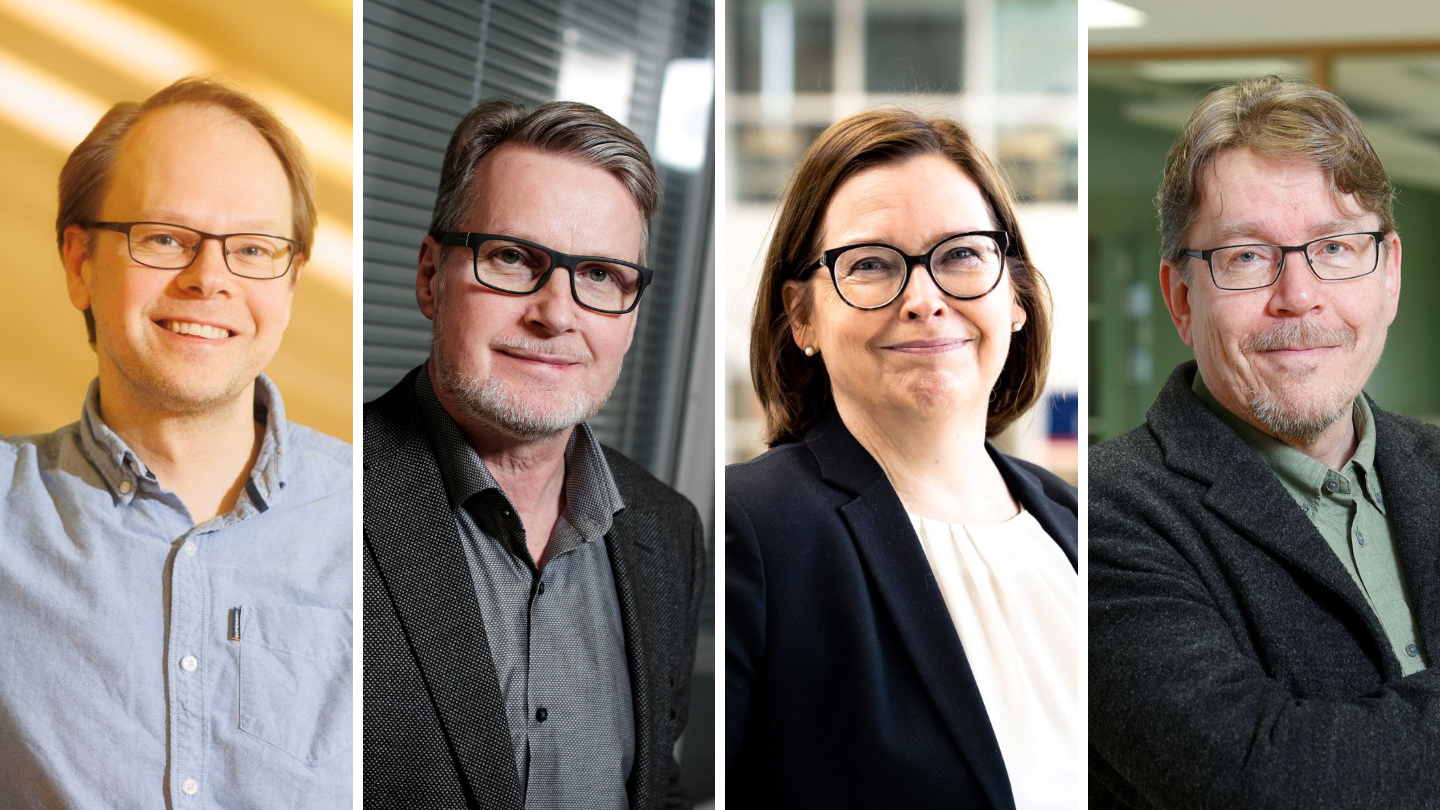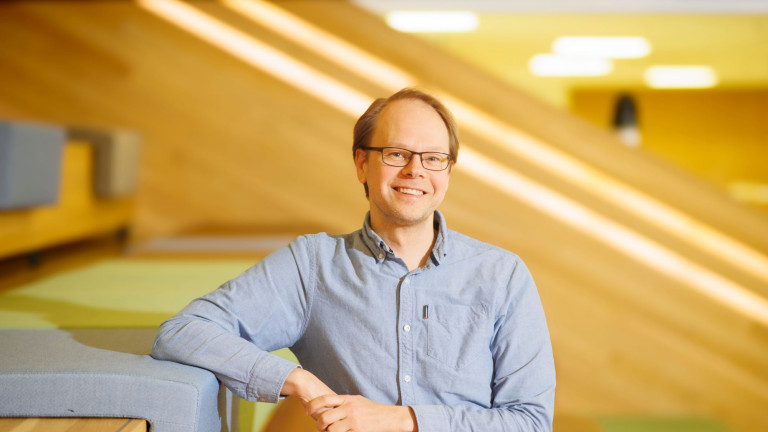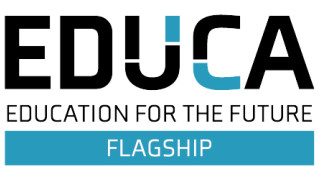New cooperation contributes to more impactful research on learning

JYU’s long-standing position at the forefront of learning research was further strengthened with the launch of the new profiling area, ULearn, earlier this year.
The profiling area brings together researchers from the Faculty of Education and Psychology as well as from the Finnish Institute for Educational Research. It seeks to build multidisciplinary understanding of why learning progresses differently in different individuals and what kind of support systems best help learners in transitional stages, such as moving from comprehensive school to secondary education.
The profiling area incorporates expertise from the fields of education, psychology and social sciences", states Vice Dean, Professor Jarmo Hämäläinen who leads the ULearn profiling area.
“I’m really glad that we can bring more closely together our University’s strong field of learning research. We can now strengthen it further in a new way. We can build more effective and societally more significant research,” Hämäläinen says.
Differences in learning are growing
Learning is never uniform. While some people seem to learn things without much effort, others need more support or different paths to understanding. In recent years, it has been noticed that regional and socio-demographic differences in learning are increasing.
The new profiling area seeks to build bridges between researchers working on different themes of learning research. It also aims at increasing knowledge about the use of different research methods.
ULearn is an integral part of the University’s strong research ecosystem, which also encompasses the InterLearn Centre of Excellence and the Education for the Future (EDUCA) Flagship of the Research Council of Finland. Together, these form the research focus of the University of Jyväskylä, which aims to produce both high-quality research and concrete solutions to support education and societal challenges.

InterLearn – learning problems do not fit into fixed categories
Learning difficulties affect many people, but the underlying factors are often more complex than a single diagnosis.
The InterLearn Centre of Excellence integrates research on learning and psychosocial well-being. The unit is funded by the Research Council of Finland for the years 2022–2028.
Researchers from the universities of Jyväskylä and Turku investigate why some children learn differently and how they can be supported better.
“The research conducted by the Centre of Excellence creates a new and more comprehensive view of learning and its challenges. The Centre of Excellence has also given us the opportunity to examine these phenomena not only in laboratory settings but also in real-life environments,” states the Director of the Centre of Excellence, Professor of Psychology Paavo Leppänen.

The Centre of Excellence has collected extensive research data. For example, results from an intervention study related to disturbance in the classroom in grades 3 and 4 will be published soon.
“According to the findings, working peace in the classroom – as experienced by teachers and pupils – can be improved by adopting fairly simple principles, which were presented to teachers in a brief in-service training course. The teachers then applied these principles in their classrooms during the research period", says Professor Mikko Aro who leads an educational research team at the University ofJyväskylä.
"In the future, we will examine the factors that explain differences between classes as regards benefitting from this type of support.”
Also, ongoing intervention studies on learning and mathematics have a specific goal of finding out why some learners benefit greatly from pedagogical support, while for others the benefits are less significant.
“Based on this knowledge, we hope to be able to develop learning support methods that respond better to individual needs,” Mikko Aro explains.
The EDUCA Flagship builds the school of the future with knowledge
While InterLearn concentrates on studying children’s individual needs in particular, the Education for the Future (EDUCA) Flagship is focused on classrooms and the school institution.
The Flagship project of the Research Council of Finland develops solutions based on research for educational problems and provides research-based information to support political decision-making. The projects of the network also seek to develop the competencies and well-being of teachers, principals and education leaders, and examine ways in which education policy is implemented at different levels of the education system and society.
The Flagship receives funding from the Research Council of Finland for the period 2024–2028.
“When the EDUCA project is completed, a perfect result would be that the Flagship has produced information to support decision-making, which could be used, among other things, to stop the decline in learning outcomes and reduce absenteeism and dropout rates in education,” said the leader of the Flagship project, Professor Marja-Kristiina Lerkkanen envisioning the future in autumn 2024.
The Flagship is led by the University of Jyväskylä, accompanied by Aalto University, the University of Helsinki, and the University of Turku.
One of the EDUCA Flagship’s major data sets pertains to the two-year pre-primary education trial, which was funded by the Ministry of Education and Culture. The trial ran from August 2021 to the end of May 2024 and the final report will be published in early 2026.

Stronger expertise in research methodology and new initiatives
To further enhance cooperation in the field of learning and education research at JYU, ULearn also invests in the development of research methods.
According to Professor Jarmo Hämäläinen, a key objective of the profiling area is to strengthen methodological expertise in learning-related research. The projects linked to ULearn combine and renew research methods that can be used to examine variation in learning at different levels ranging from individuals to learning environments and educational structures.
The purpose is to increase researchers’ multi-method competencies and create space for cooperation of a new kind,” Hämäläinen says.
“In practice, this mean training and projects, for example, in which different data could be utilized in new ways.”
The profiling area is currently recruiting three new tenure-track Associate Professors to start in their positions by the beginning of 2026 at the latest. They will focus on educational sociology, individual variation in learning, and the pedagogical aspects of learning environments. The new Associate Professors are expected to bring fresh perspectives and build new connections in the broad field of learning and education.
“ULearn provides a platform where learning-related research can grow better across disciplinary borders and produce truly meaningful solutions for the future of education and society,” Hämäläinen summarises.









